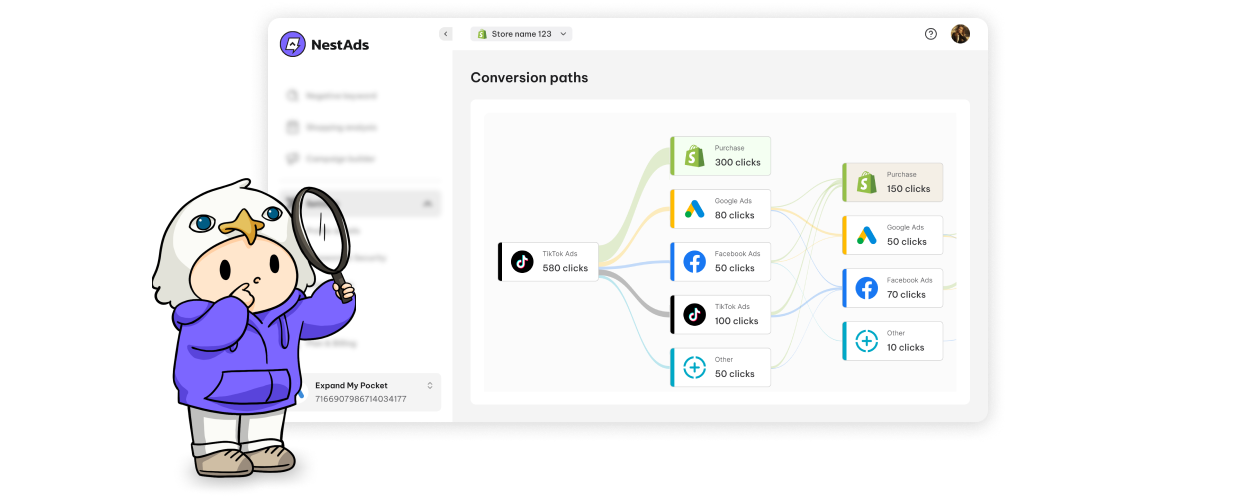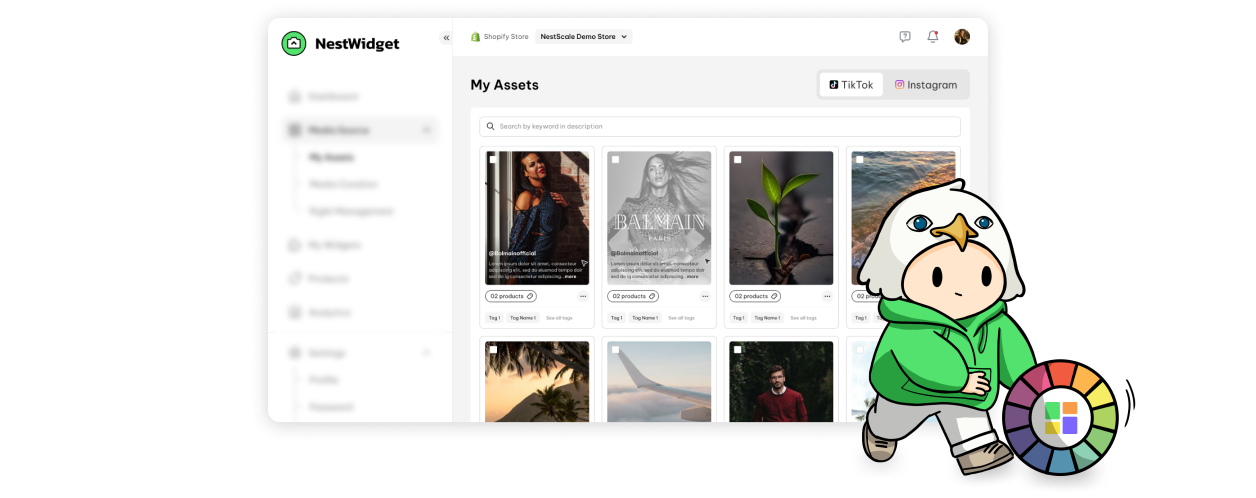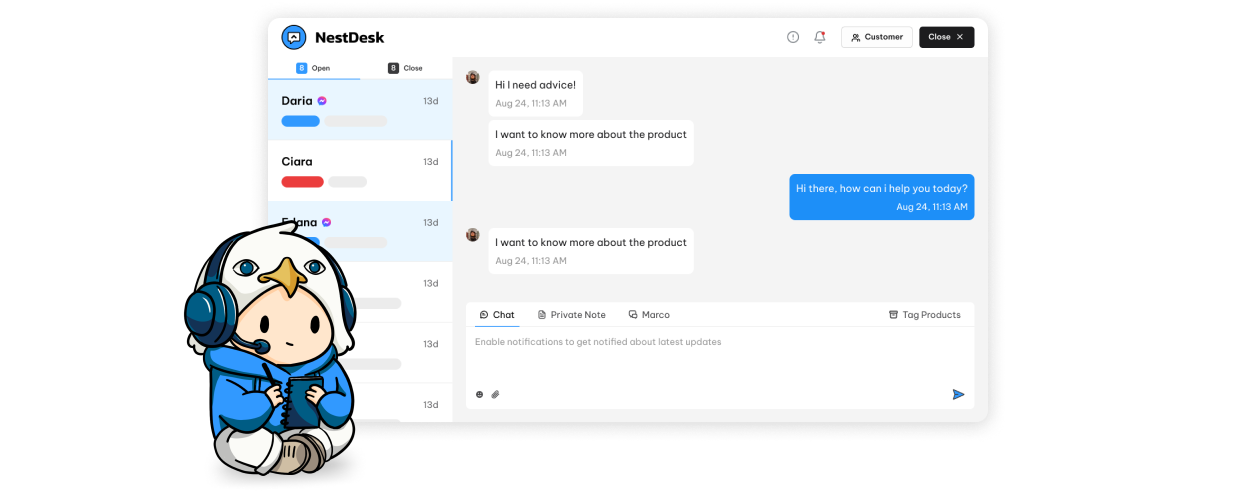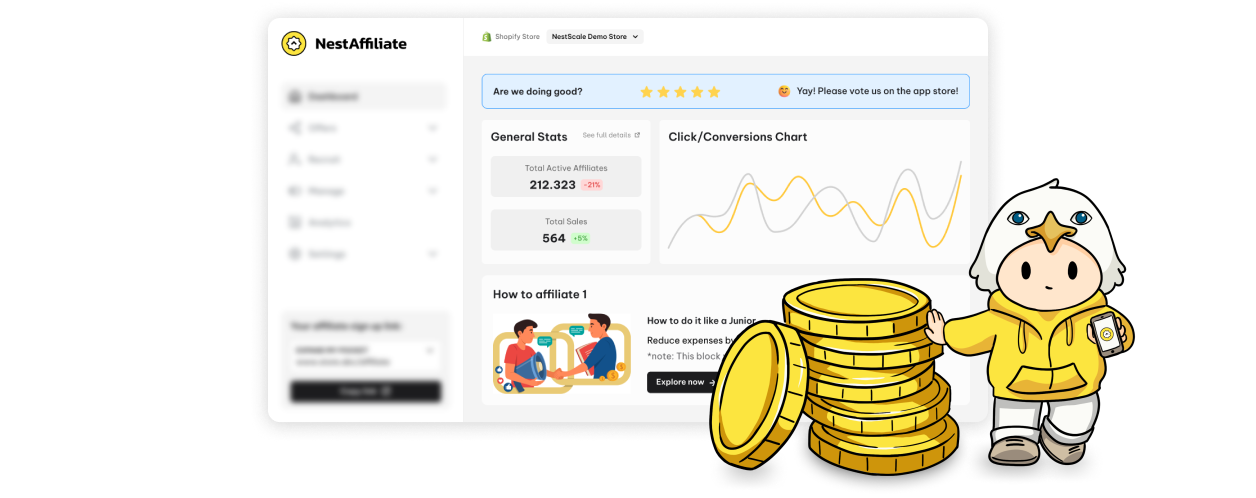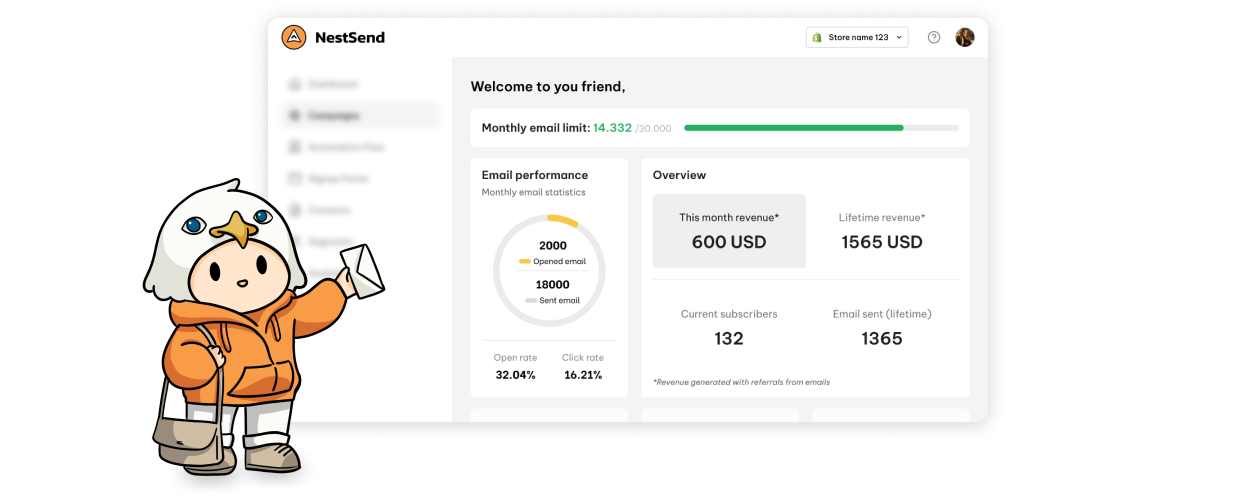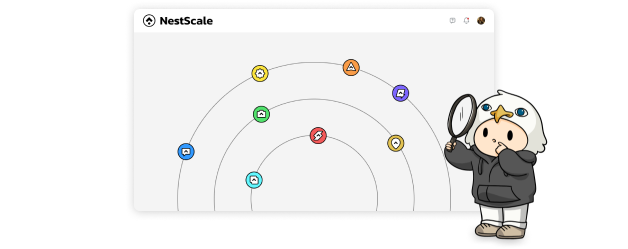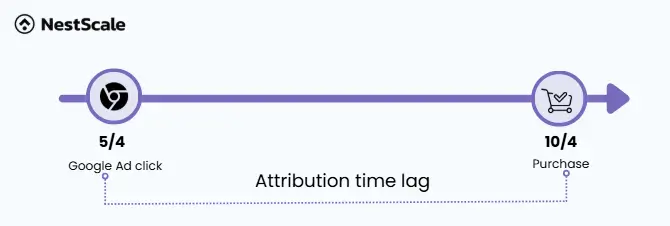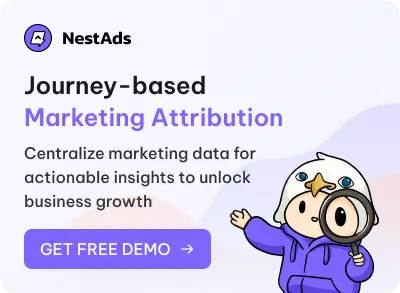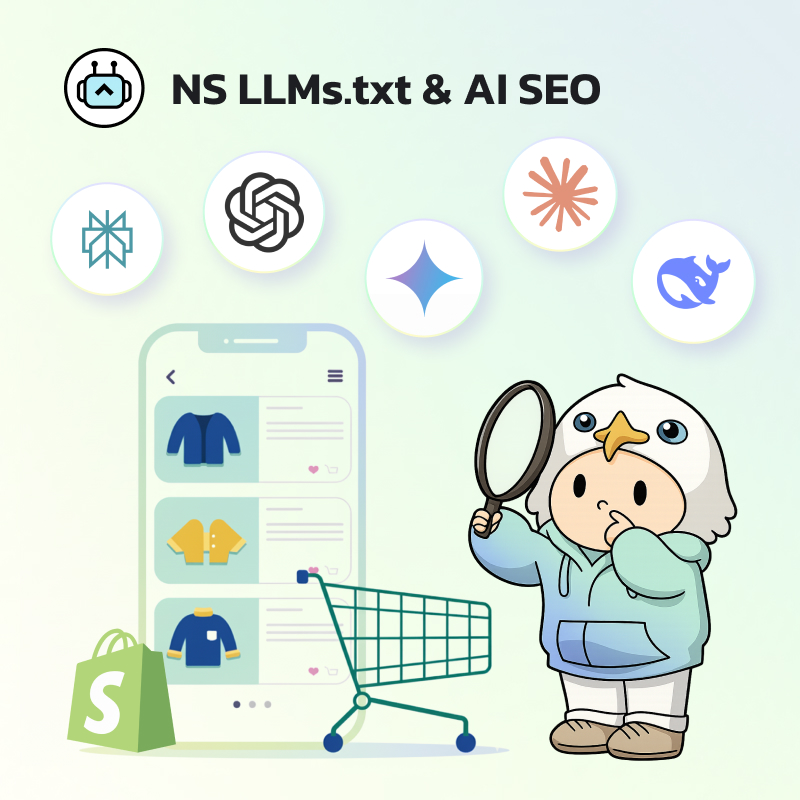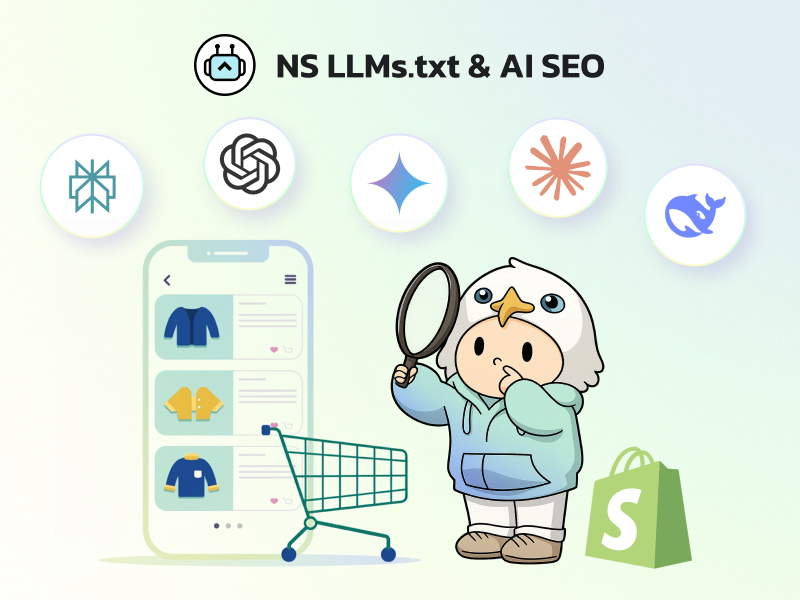What is attribution time lag?
Attribution time lag refers to the delay between when a customer first interacts with your brand and when they ultimately convert, such as making a purchase or signing up. This period can vary depending on the customer journey, the type of product, and the marketing channels involved.
What can affect attribution time lag?
Attribution time lag plays a key role in attribution reporting. If you measure conversion success based only on immediate actions, you might miss the value of earlier touchpoints that contribute to a sale over time. Here are some example cases where you should carefully consider the time lag:
- Channel types: Some channels, like search ads, might lead to quicker conversions, while others, like social media, may require longer nurturing.
- Customer behavior: High-consideration products or services typically experience a longer time lag as customers take more time to research before purchasing.
- Seasonality and external factors: Certain times of year (like holidays) or external events may influence when a customer is ready to convert.
Why understanding this term is important
- Optimize ad spend: By recognizing and adjusting for time lags, you can more accurately measure the effectiveness of your ads and allocate budget across channels based on true performance.
- Improve customer insights: Understanding time lags helps you map out your customer’s decision-making process, allowing for better targeting and personalized messaging that caters to different stages of the buying cycle.
- Enhanced marketing attribution models: By incorporating this data into your attribution models (e.g., time decay, linear attribution), you’ll gain a more comprehensive view of how each touchpoint contributes to a conversion.
How to measure attribution time lag?
Tracking this time duration requires advanced tracking tools that can capture interactions across multiple touchpoints. We recommend using a combination of native ad platforms and analytics tools, such as Google Analytics or third-party attribution platforms to gain the most comprehensive insights. These tools help track the time between initial customer interactions and the final conversion, allowing you to identify patterns and optimize your marketing strategy accordingly.
By factoring in a time lag, you can ensure that your marketing campaigns are accurately evaluated and that your strategies are optimized for long-term success.





